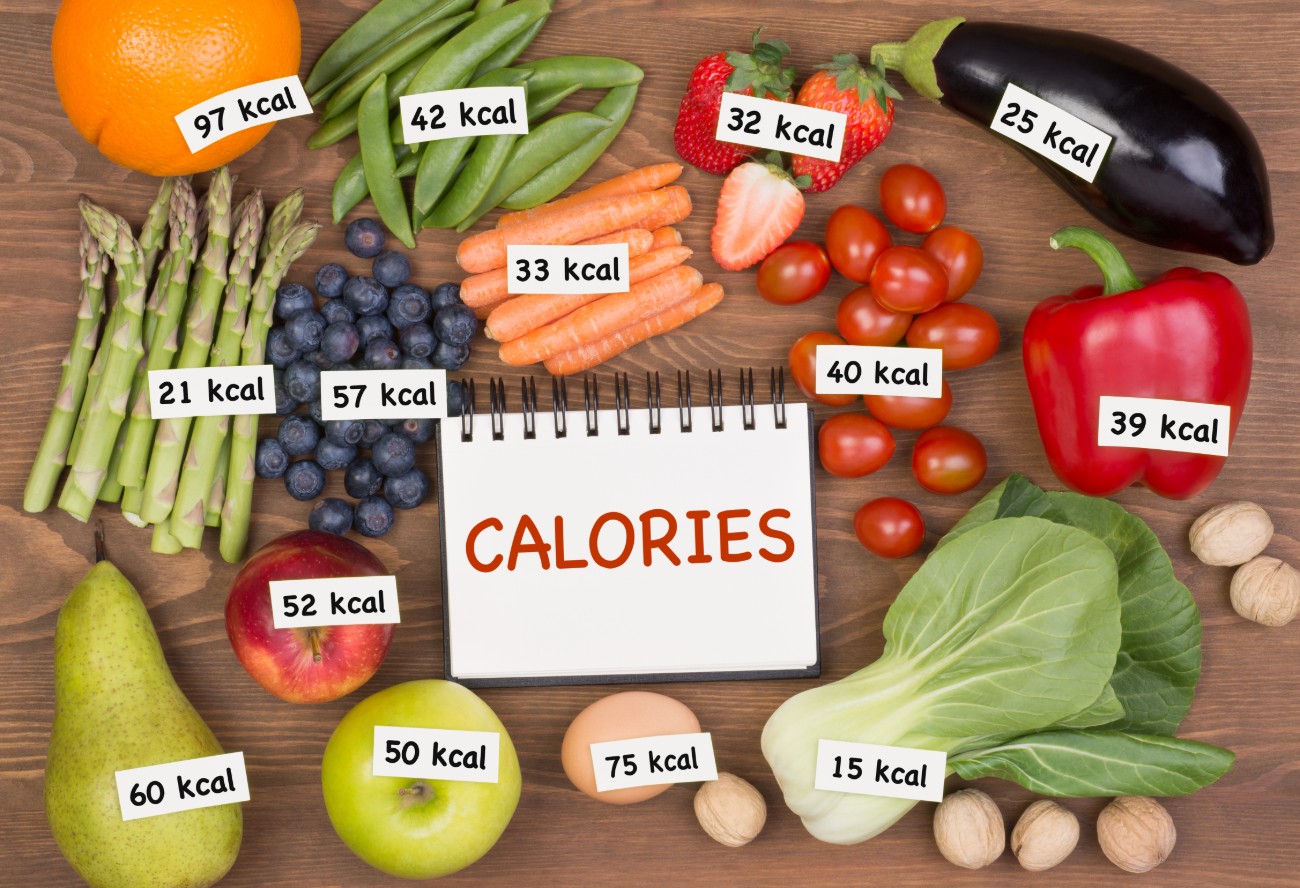Counting calories is a longtime practice often associated with healthy eating. But as it turns out, this is one of the least important things to worry about. Start a search today to learn about other things that play a big role in weight loss.
Ask your doctor anything about weight loss, and they’re guaranteed to say a healthy diet and exercise are the ways to achieve it. That sounds relatively easy, but it can be confusing to make sense of various fad diets and health advice.
What Are Calories?
One of the first things you’ll read on any nutritional label is the calorie count per serving. A calorie is essentially a way to measure the energy content in foods and drinks. Health guidelines advise Americans to consume a certain number of calories a day: around 2500 for men and 2000 for women.
To lose weight, people are recommended to lower their calorie intake. They’re also told to do physical activity in order to burn as many calories as possible. While it’s true that a reduced calorie intake and exercise will lead to weight loss, it isn’t necessarily the most efficient method.
For example, there’s a big difference between 500 calories of vegetables consumed versus 500 calories worth of sugar. Both calories count towards your daily intake, but only one will actually take a negative toll on your physical health.
Not only is counting calories time consuming, but it can also take a toll on your mental health and overall well-being. It can become an obsession, which shouldn’t be the case if you’re trying to eat healthy. While it’s still somewhat important to keep track of your calories, there are ways to monitor your portions without obsessing over the exact numbers.
Practicing Portion Control
If you incorporate healthy, unprocessed and natural foods into your meal, then you don’t have to feel guilty about the number of calories they have. This trick works in conjunction with portion control. You should eat when you’re hungry, but stop once you’re full. Your body needs food to use as fuel and you shouldn’t feel bad about that. If you stop eating once you’re full, this prevents overeating, which is a main factor in weight gain.
While counting calories isn’t necessary for weight loss, there are still other things you should be mindful of and keep tracking in your food.
Instead of Counting Calories, Focus on Other Nutrition Aspects
When you start to understand the impact of certain nutritional values, you’ll notice there are more important things to worry about than calories. There are other nutritional values that are often overlooked in favor of calorie counting, which is a mistake that can play a huge role in your health journey.
Here are the parts of nutritional labels that are actually worth counting or tracking.
Processed Sugars
This is one of the biggest contributors to weight gain. It’s recommended that adults consume no more than 37.5 grams daily for men and 25 grams per day for women. Added sugars can hide in “healthy” juices, yogurts, cereals and more. This limit can easily be reached with just one beverage or snack.
If you’re trying to lose weight and have a sweet tooth, start checking out much processed sugar is in your foods. You’ll start to notice results in your health journey by doing just this one thing. It will also lower your risk of heart disease and type 2 diabetes.
Carbohydrates
For those wanting to lose weight, giving up carbs can be one of the hardest things to do. Especially since it’s in everything from breads, to vegetables and even sugar. Carb consumption should hover between 225 and 325 grams per day. Low-carb eating habits have helped people lose and maintain their weight.
You can get your daily carb dose without eating a piece of bread. There are many fruits and vegetables like cantaloupe, avocado, celery, spinach and more that are healthier ways to get your carb intake while trying to lose weight.
Fruit and Vegetable Intake
By consuming more fruits and vegetables, you’re doing a lot of good for your body. You’re also less likely to overeat and reach your calorie limit by eating a lot of fruits and veggies each day. They contain essential vitamins and minerals, and can help prevent scary illnesses like heart disease and diabetes.
Living A Healthy Lifestyle Should Be Your Main Goal
Just because the calories are low on a certain snack doesn’t necessarily mean it’s healthy. That’s why you should always check other measurements on the nutritional label and to what kind of calories are being put into your body. Focus on eating healthy calories instead of counting calories to make your diet less stressful
With all the opinions surrounding health, two things will always remain the same — a healthy diet and regular exercise. These are keys to taking care of yourself. It takes 21 days to turn something into a habit, which means anyone can start implementing these mantras into their routine with a bit of motivation.
